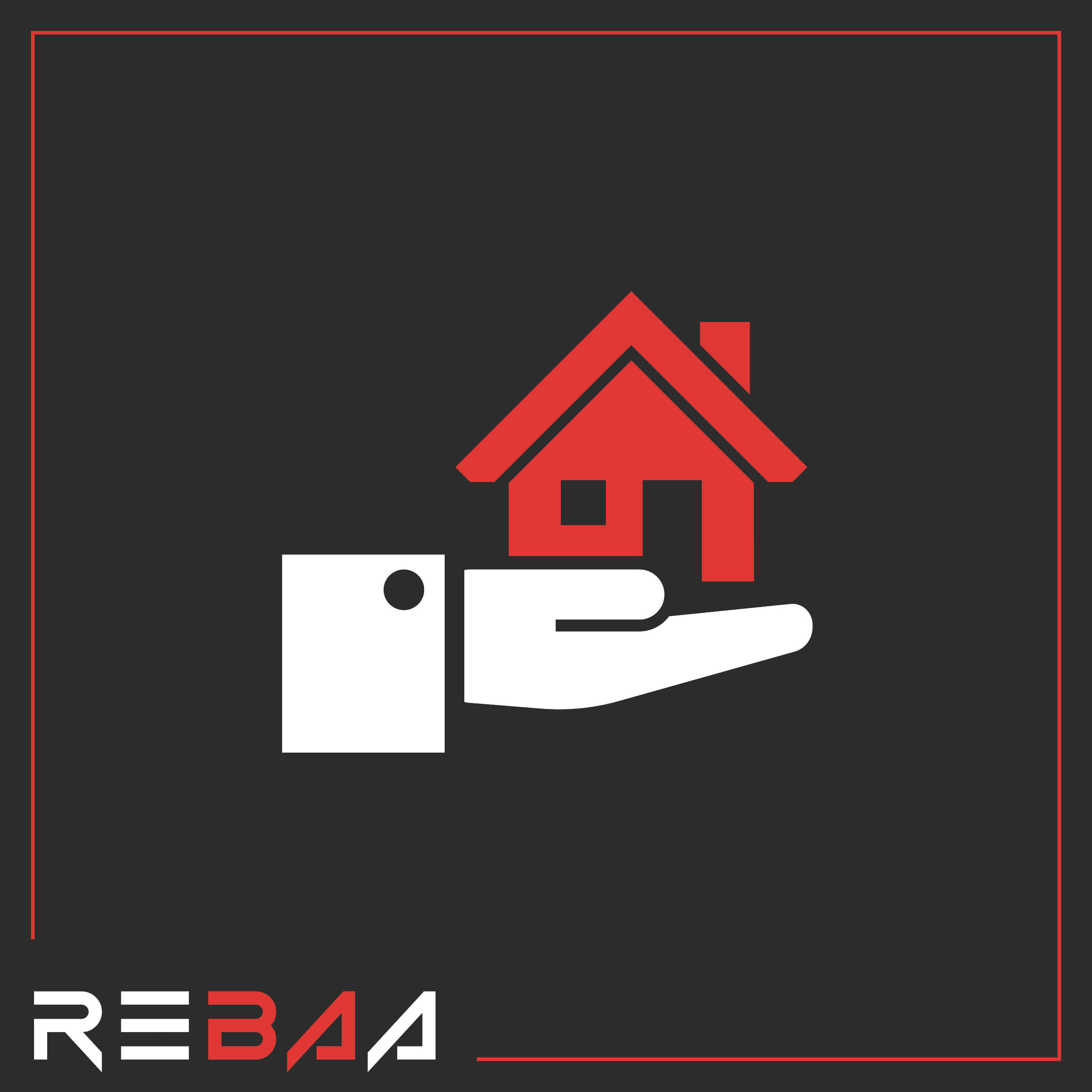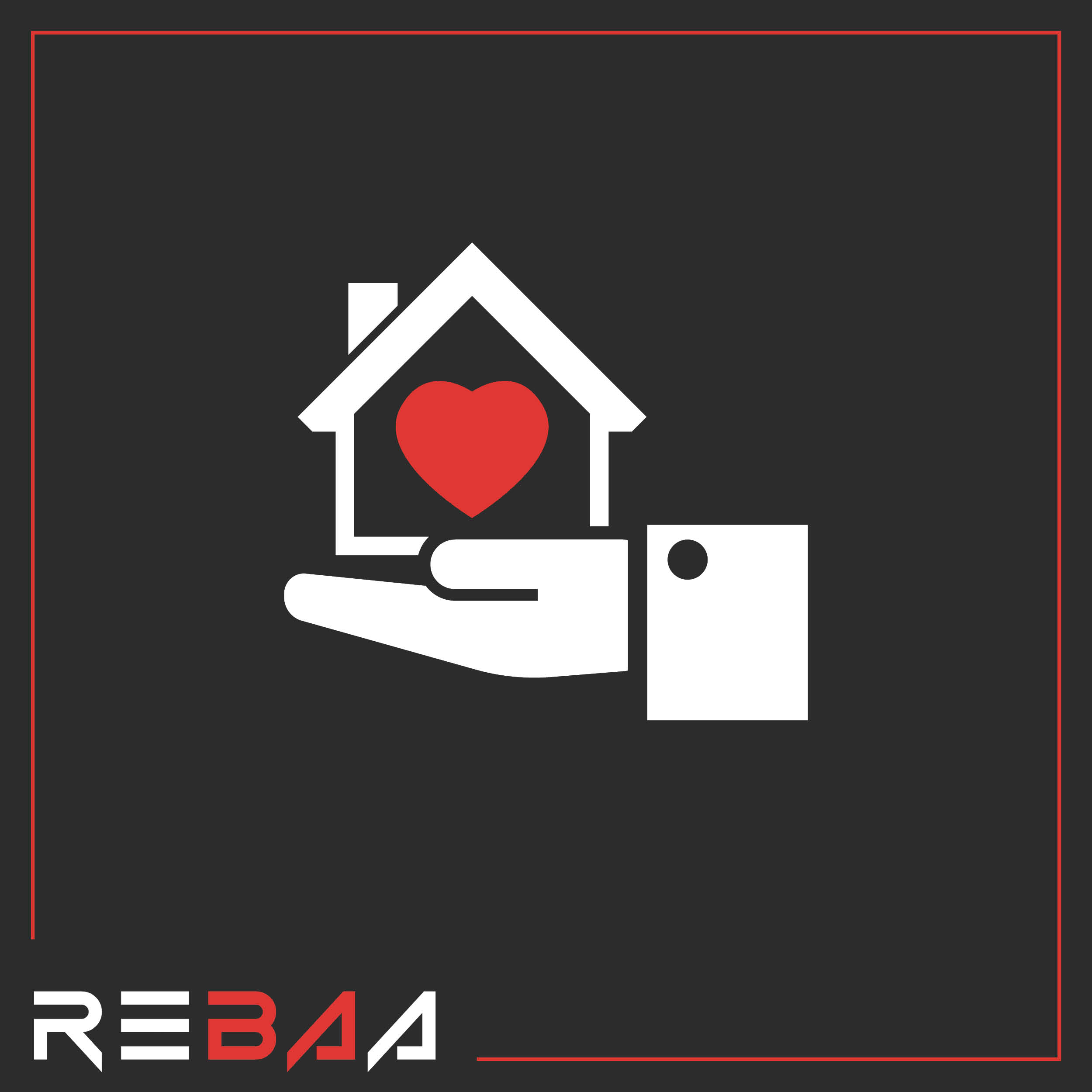From the desk of Veronica Morgan, Good Deeds Property Buyers & BA Mentoring Program
While there are multiple reasons that buyers’ agency is dominated by one-man bands and micro businesses, I suspect a big one is that we mostly like to be in control of everything. That’s not necessarily a bad thing when you’re starting out in business. After all, small feels manageable. The downside is that it’s hard to do this well and not burn out when you are running every part of your operation.
Often small businesses are started by people with technical expertise (aka the E-Myth). It’s about people who have property skills and like the job wanting to run their own show.
For those who have professional experience already, being a great BA does not automatically transfer into having superior skills in running a business operation. You now need to manage all the other aspects of managing a business that you never had to worry about when you worked for someone else.
Then there are new entrants to the industry. These buyers’ agents “love property” but may not fully anticipate the challenge of dealing with client demands. Many new buyer’s agents don’t realise how intensive or all-consuming the business can be. It’s challenging to source clients, and even more difficult to unearth the right property for a purchaser while helping them prepare mentally to buy.
I’ve seen this time and again. Talented people full of enthusiasm starting up in this industry, only to hit a fracture point that leaves them exhausted and jaded.
For new BAs, it’s also uncomfortable knowing you’re not yet an expert in all aspects of the job. These agents are cutting their industry teeth by working for clients – which is dangerous and why you need to upskill fast. If they’re also trying to kick off a small business while learning on the job, the stresses are compounded.
Either way – experienced or not – all of this is a recipe for burnout and failure.
What’s your definition of failure?
Many businesses ultimately fail because of a low effort:reward ratio.
Sometimes we persist without acknowledging there is a problem because we don’t like to admit failure – but that may depend on your definition of failure of course.
Is it that you go out of business altogether? Could it be that you’re not growing? It could even be the case that you’ve grown too large too quickly and no longer enjoy your work?
Failure might mean the business does well, but you’ve essentially just bought yourself a job, with none of the perks of being an employee. You carry all the risk and don’t thrive personally. It’s a professional handcuffing – you feel trapped!
We all want to succeed. In fact, we want more than that… we want to thrive. The drive is to build something meaningful that’s of benefit to our lives and the lives of those we help.
The number one risk
What do I believe is the biggest risk for BAs starting out a new business? I
It’s your personal wellbeing, for w ithout you, there is no business.
Think about it. If your car was your greatest asset, you’d make sure it was regularly serviced. The full grease and oil change to ensure it runs in tip top condition. You’d be putting petrol in when needed to keep it going at a bare minimum!
So why would you treat your car any better than you’d treat yourself?
Without regular self-maintenance and care you run the risk of burnout , exhaustion and boredom.
It’s not worth the headache of being good at doing your job, but lousy at running a business. Eventually you’ll get unwell… and then what happens if you’re a solo business ? Who else is there to steer the ship while you recuperate?
Too many clients, not enough hours, too much effort trying to spread yourself thin between business development and writing fees. Overstretched and at the end of your tether.
The solution is self-care
While many may have convinced themselves that a constant and never-ending hustle at maximum speed is the only way to succeed, you can see from the above that I beg to differ. In fact, self-care is the most important thing you can do to create a healthy business and a healthy you.
It takes commitment. Despite how this sounds, it’s not selfish to prioritise yourself and your health.
My big tip is this – be self-knowledgeable. Understand how you operate and the way in which you relate to others. For example, if you’re an empath, you may struggle to manage the stress of helping clients navigate an often-stressful process.
Do an honest self-assessment on how you’re coping. It’s imperative to not just sweep those stresses under the rug. Don’t write off your difficulty in coping as a weakness to be ignored.
Self-knowledge is so important. Knowing thyself will also help you know what areas you may work on to build your resilience & support networks.
Learn to set healthy boundaries. Make time for downtime. Set limits on when you’re accessible to others. Switch off for holidays – don’t tackle work stresses when you’re supposed to be relaxing.
Utilise peer support. Find others who understand what you’re going through and share and care for each other. It helps put your world (and theirs) into perspective.
Finally, set aside time regularly for things that allow you to decompress and destress. Be it massage, meditation, exercise… whatever your personal choice is.
It is never wasted time making moments to look after the most important part of your business operation – and that’s you!


